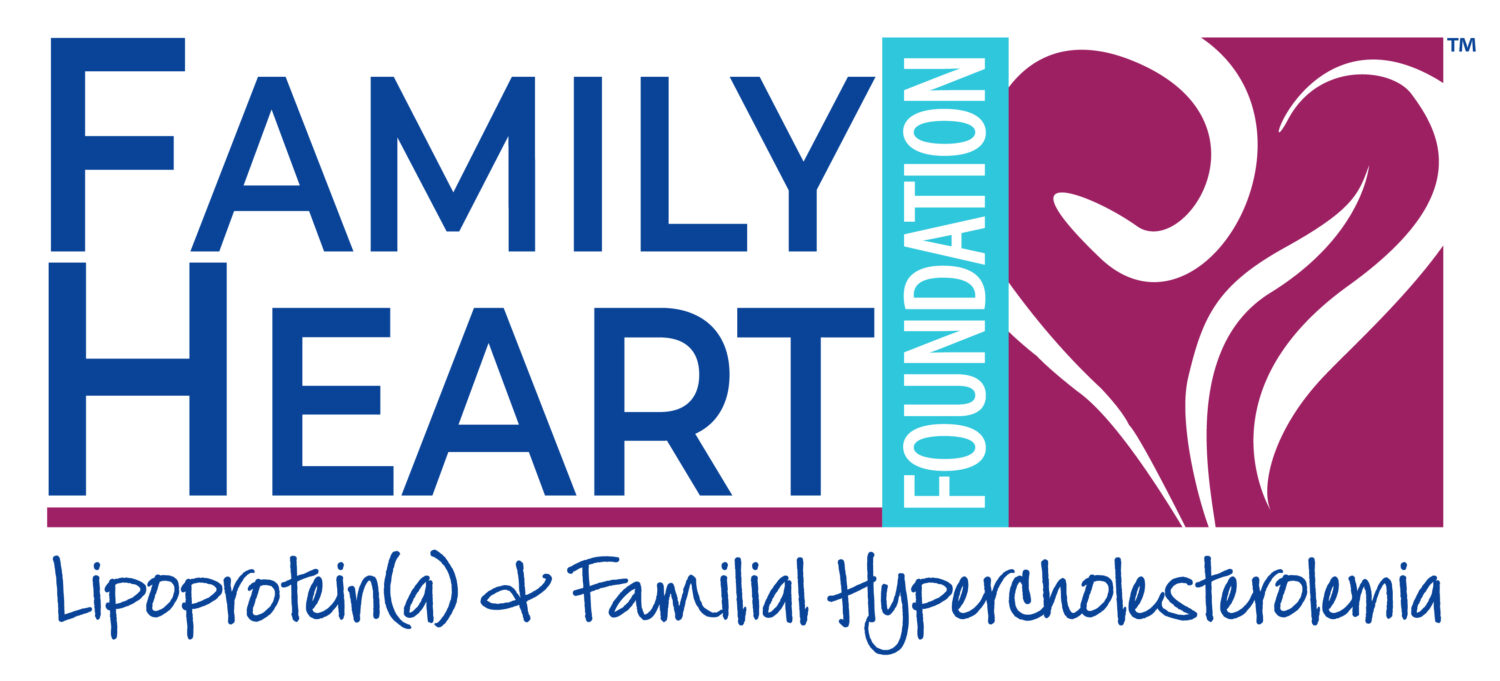
What You Should Know:
– The Family Heart Foundation, a leader in cardiovascular research and advocacy, has unveiled an “FIND Lp(a)” a machine learning model to combat premature heart disease and stroke. The first-of-its-kind offering is set to be implemented across major U.S. healthcare systems.
– The program leverages AI to identify individuals with elevated Lp(a), an inherited condition that significantly increases cardiovascular disease risk.
Addressing a Hidden Risk Factor
Lipoprotein(a), or Lp(a), is a silent contributor to cardiovascular disease, causing inflammation, clotting, and blockages in the vascular system. While present in about 20% of the global population, its role in heart disease remains widely under-recognized. The FIND Lp(a) program aims to bridge this knowledge gap and accelerate the adoption of Lp(a) screening and management.
Empowering Patients and Providers
Developed in partnership with leading health systems and sponsored by Novartis, the FIND Lp(a) model pinpoints individuals whose cardiovascular disease risk may be elevated due to high Lp(a) levels. It engages all healthcare stakeholders and provides personalized support to flagged individuals, promoting best practices for widespread screening and optimal care.
Initial Testing and Impact
Preliminary tests using the Family Heart Database™ have demonstrated a 60% precision rate for the machine learning model. This precision enables clinicians to focus their screening efforts and resources effectively. Additionally, health systems can connect their patients to educational resources and support through the Family Heart Foundation, empowering them to understand their risk and take proactive steps towards better health.
Focus on Vulnerable Populations
The FIND Lp(a) program places particular emphasis on African American and Southeast Asian populations, who are known to have higher Lp(a) levels and, consequently, a greater risk of early-onset cardiovascular disease.
“We need to do more to leverage science and technology in our fight against heart disease. The Family Heart Foundation is committed to empowering individuals and their medical teams to understand if a lipoprotein(a) disorder is contributing to early or aggressive cardiovascular disease.” — Katherine Wilemon CEO and Founder, Family Heart Foundation.
